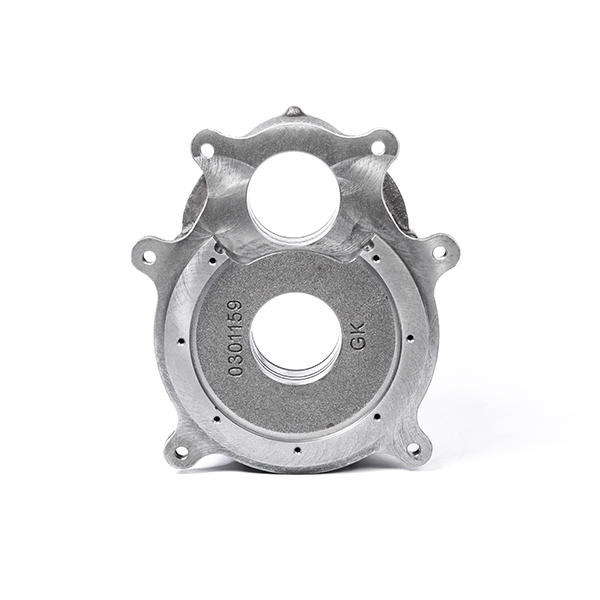Mobile:+86-311-808-126-83
Email:info@ydcastings.com
Various Types of Impellers for Efficient Mixing Applications and Their Benefits
Understanding Mixing Impeller Types and Their Applications
Mixing impellers are vital components in industrial processes, where they play a crucial role in achieving homogenous mixtures in liquids and slurries. The choice of impeller design significantly affects the efficiency of mixing operations, making it imperative to understand the various types available.
Understanding Mixing Impeller Types and Their Applications
Another popular type is the turbine impeller. Turbine impellers generally have wider blades and are used for applications that require higher shear and mixing intensities. They are capable of mixing more viscous liquids and are often used in biochemical reactions or polymer processing. The design of turbine impellers can vary, with options including flat-blade, curved-blade, and disc designs, each providing different flow patterns and shear rates.
mixing impeller types

The paddle impeller is another key player in the mixing arena. This type typically consists of flat blades that are positioned parallel to the axis of rotation. Paddle impellers are particularly effective for blending heavy slurries and are commonly found in wastewater treatment applications. Their low shear mixing characteristics make them suitable for delicate substances that might be damaged by harsher mixing methods.
For specialized applications, anchor impellers are utilized primarily for mixing highly viscous materials, such as those found in food processing, adhesives, and cosmetics. Anchors are designed to scrape the tank walls and create a dragging motion that ensures thorough mixing of thick substances.
Lastly, the ram or screw impeller is particularly effective in processes requiring a high degree of lifting solid particles from the bottom of the tank. This makes it a favorite in industries like mining and polymer production, where solid-liquid mixing is essential.
In conclusion, selecting the right mixing impeller type depends on various factors, including the nature of the materials being mixed, the desired homogeneity of the mixture, and the overall process requirements. A well-chosen impeller not only enhances mixing efficiency but also improves product quality and process reliability. Understanding the strengths and applications of these impeller types is essential for engineers and operators looking to optimize their mixing operations.
-
Why Should You Invest in Superior Pump Castings for Your Equipment?NewsJun.09,2025
-
Unlock Performance Potential with Stainless Impellers and Aluminum End CapsNewsJun.09,2025
-
Revolutionize Your Machinery with Superior Cast Iron and Aluminum ComponentsNewsJun.09,2025
-
Revolutionize Fluid Dynamics with Premium Pump ComponentsNewsJun.09,2025
-
Optimizing Industrial Systems with Essential Valve ComponentsNewsJun.09,2025
-
Elevate Grid Efficiency with High-Precision Power CastingsNewsJun.09,2025











